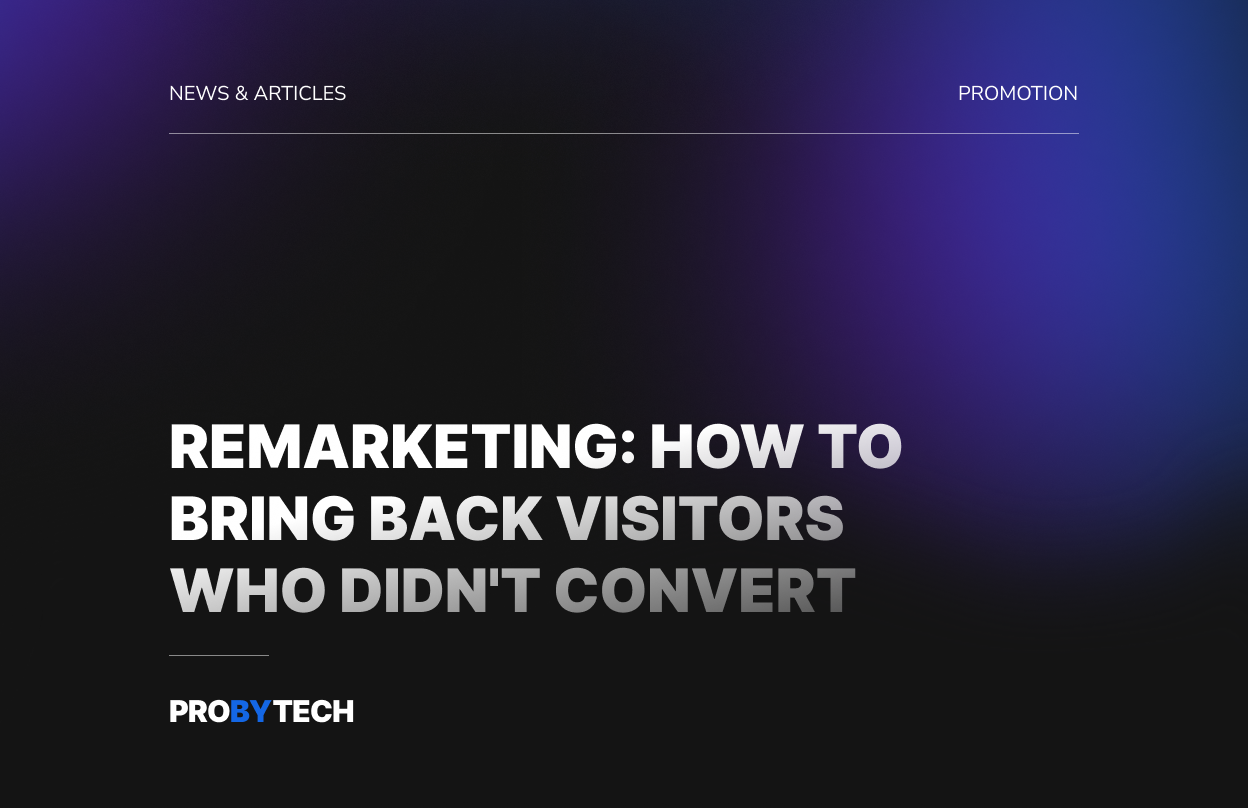SEO for Corporate Websites: Which Pages Matter Most

SEO for a corporate website is not just about technical optimization, meta tags, or loading speed. First and foremost, it’s about the pages that have the highest potential to attract traffic and influence client decision-making. In this article, we’ll explore which types of pages are critical for SEO, and how to structure and optimize them effectively.
1. Homepage — the Authority Hub
The homepage typically carries the highest authority on the site. It should:
- Clearly answer “Who are you?” and “What do you do?”
- Provide structured navigation to key sections.
- Contain both brand-related and general niche keywords.
- Offer quick access to service pages, contact details, and case studies.
Tip: Don’t turn the homepage into a carousel of banners. A well-written SEO text is just as important as visual design.
2. Service Pages — the Core of Targeted Traffic
These are the most important pages for SEO promotion. Each service or solution should have a separate, fully optimized page with:
- A clear structure (overview, benefits, process, case studies, CTA).
- Unique content and targeted keywords.
- Optimized URLs (e.g., /services/web-development).
- Proper heading hierarchy (H1, H2, H3).
- SEO meta tags (title, description).
Tip: Don’t combine multiple services on a single page — Google won’t know what to rank it for.
3. Case Study Pages — Proof of Expertise
Case studies or project showcase pages serve multiple purposes:
- Demonstrate experience.
- Build trust.
- Attract SEO traffic from queries like “website for construction company” or “e-commerce redesign case.”
Tip: Use structured content — describe the challenge, solution, results, and tools used. Optimize each case for relevant search queries.
4. Blog Pages — Source of Informational Traffic
A blog is one of the best tools for bringing in organic traffic from informational search queries. Blog articles:
- Cover topics related to your services.
- Strengthen brand visibility, expertise, and session duration.
- Create opportunities for backlinks.
Tip: Provide real value with analytical or how-to content, and use internal linking wisely.
5. “About Us” Page — Trust-Building Element
Many companies underestimate the value of the “About” page, but it:
- Is often checked by potential clients.
- Provides opportunities to target branded keywords.
- Builds credibility through your story, mission, and team.
Tip: Include team photos, testimonials, media mentions, and certifications.
6. “Contact” Page — Final Conversion Step
This page matters not only for users but also for search engines:
- Use proper contact markup (Schema.org).
- Display full address, phone number, email, and working hours.
- Embed a Google map if you serve local clients.
- Add reviews, contact forms, and links to social media.
Tip: Optimize for local SEO (e.g., company name + city).
Conclusion
To build strong SEO for a corporate website, it’s not enough to “have pages.” You need to have the right pages with a clear structure, relevant content, and proper SEO. Focus especially on service pages, blog posts, case studies, and contact pages — these are your core tools for attracting traffic, earning trust, and driving conversions.
Looking to check if your corporate website is optimized for search engines? Reach out to us — we’ll provide a free SEO audit of your key pages.
Read next
- PROBYTECH
- News & Articles
- Promotion
-
SEO for Corporate Websites: Which Pages Matter Most









